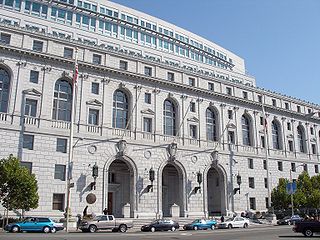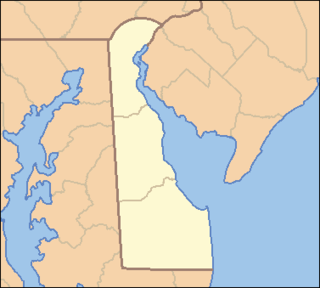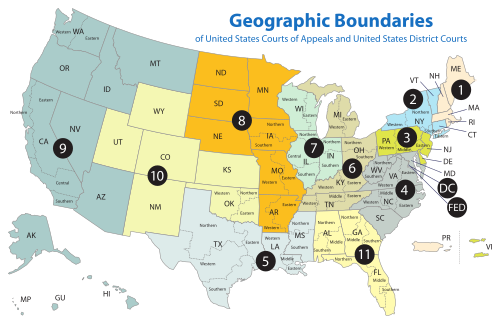The Courts of England and Wales, supported administratively by Her Majesty's Courts and Tribunals Service, are the civil and criminal courts responsible for the administration of justice in England and Wales.

The Judiciary Act of 1789 was a United States federal statute adopted on September 24, 1789, in the first session of the First United States Congress. It established the federal judiciary of the United States. Article III, Section 1 of the Constitution prescribed that the "judicial power of the United States, shall be vested in one supreme Court, and such inferior Courts" as Congress saw fit to establish. It made no provision for the composition or procedures of any of the courts, leaving this to Congress to decide.
A court of equity, equity court or chancery court is a court that is authorized to apply principles of equity, as opposed to those of law, to cases brought before it.
The Superior Court is the state court in the U.S. state of New Jersey, with statewide trial and appellate jurisdiction. The New Jersey Constitution of 1947 establishes the power of the New Jersey courts. Under the State Constitution, "'judicial power shall be vested in a Supreme Court, a Superior Court, County Courts and inferior courts of limited jurisdiction.'" The Superior Court has three divisions: the Appellate Division is essentially an intermediate appellate court while the Law and Chancery Divisions function as trial courts. The State Constitution renders the New Jersey Superior Court, Appellate Division the intermediate appellate court, and "[a]ppeals may be taken to the Appellate Division of the Superior Court from the law and chancery divisions of the Superior Court and in such other causes as may be provided by law." Each division is in turn divided into various parts. "The trial divisions of the Superior Court are the principal trial courts of New Jersey. They are located within the State's various judicial geographic units, called 'vicinages,' R. 1:33-2(a), and are organized into two basic divisions: the Chancery Division and the Law Division".
A probate court is a court that has competence in a jurisdiction to deal with matters of probate and the administration of estates. In some jurisdictions, such courts may be referred to as Orphans' Courts, or courts of ordinary. In some jurisdictions probate court functions are performed by a chancery court or another court of equity, or as a part or division of another court.

The Connecticut Superior Court is the state trial court of general jurisdiction. It hears all matters other than those of original jurisdiction of the Probate Court, and hears appeals from the Probate Court. The Superior Court has 13 judicial districts which have at least one courthouse and one geographical area court. Civil cases, administrative appeals, family matters, and serious criminal offenses are generally heard in a judicial district courthouse. All criminal arraignments, misdemeanors, felonies, and motor vehicle violations that require a court appearance are heard in one of the 20 geographical area courts.

Courts of California USA include:

Courts of Indiana include:
Courts of Mississippi include:

Courts of New Jersey include:

Courts of New York include:
Courts of Pennsylvania include:
Courts of Rhode Island include:

The High Court of Justice in England is, together with the Court of Appeal and the Crown Court, one of the Senior Courts of England and Wales. Its name is abbreviated as EWHC for legal citation purposes.
The Judiciary of New Jersey comprises the New Jersey Supreme Court as the state supreme court and many lower courts.










